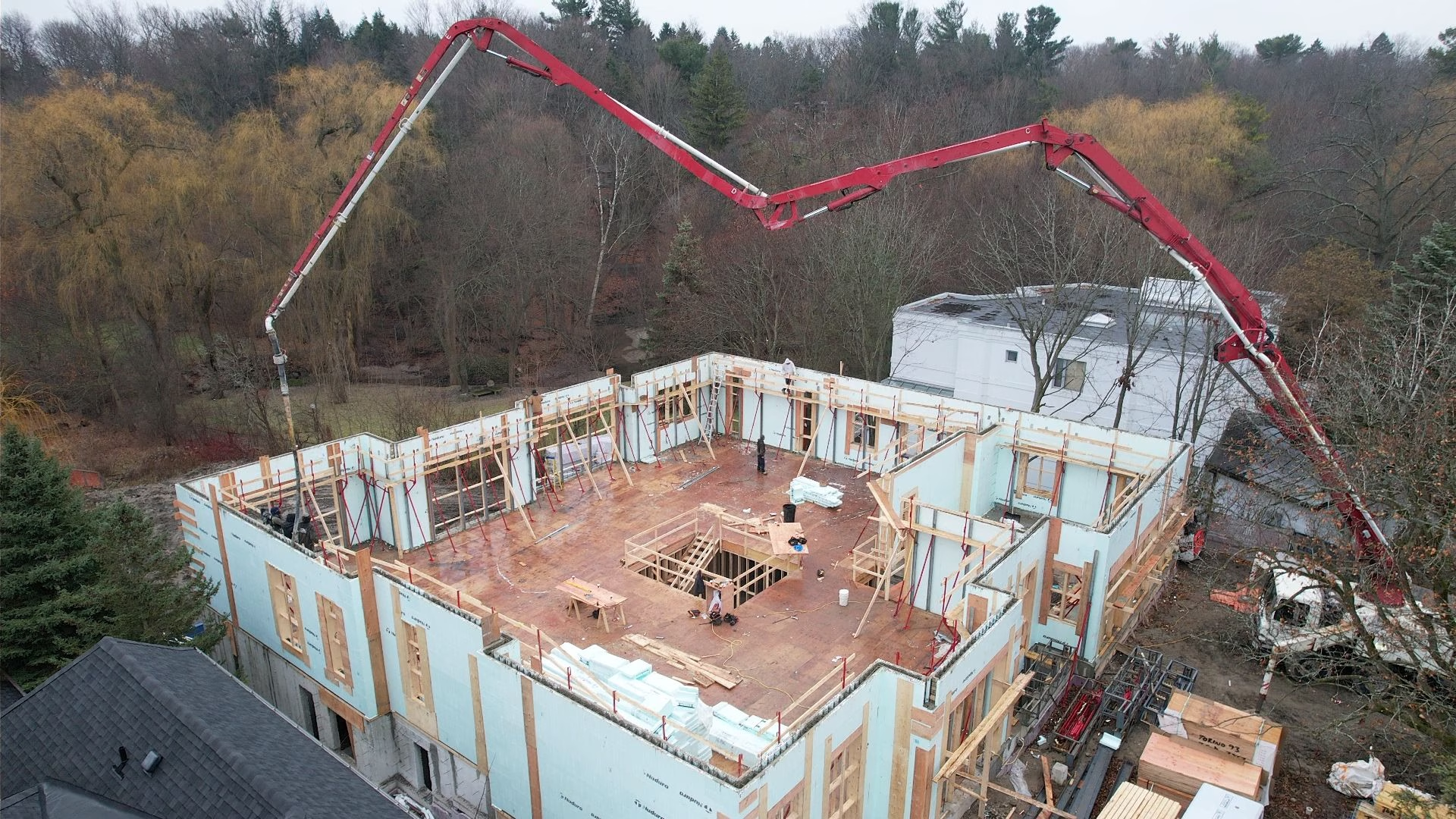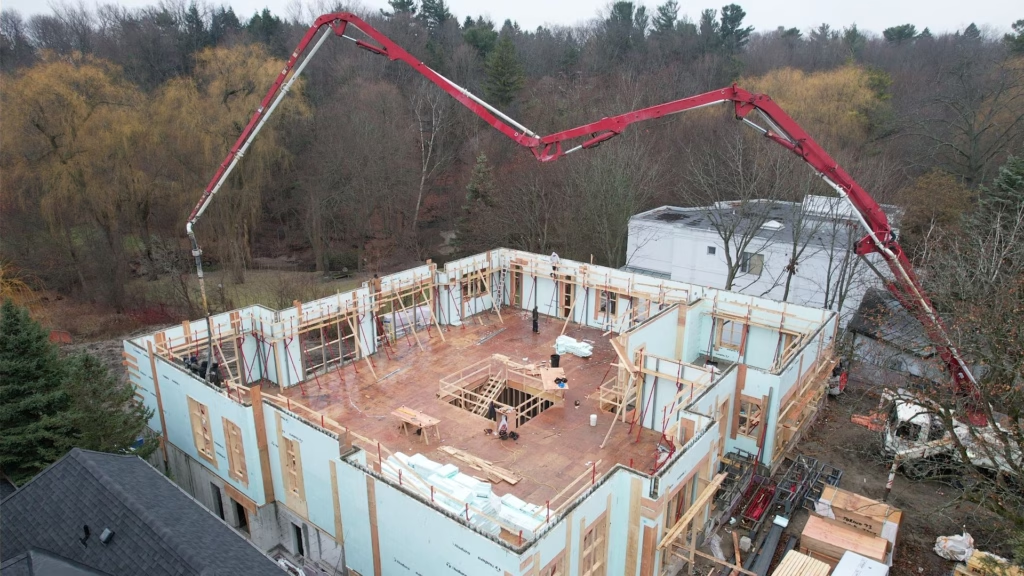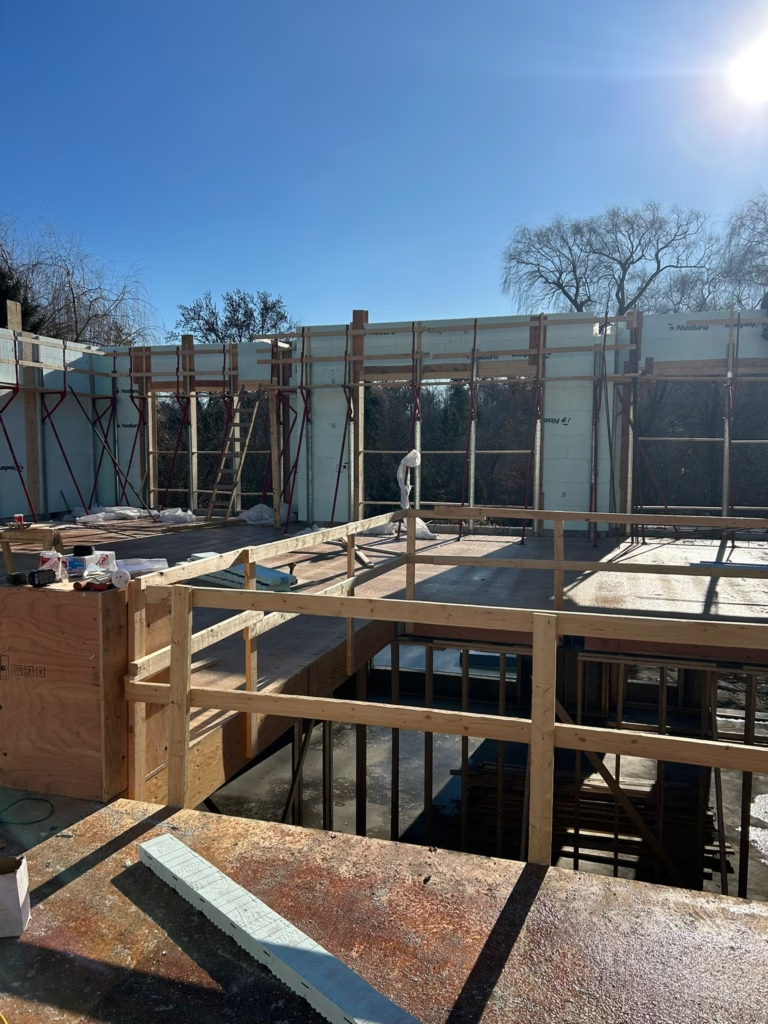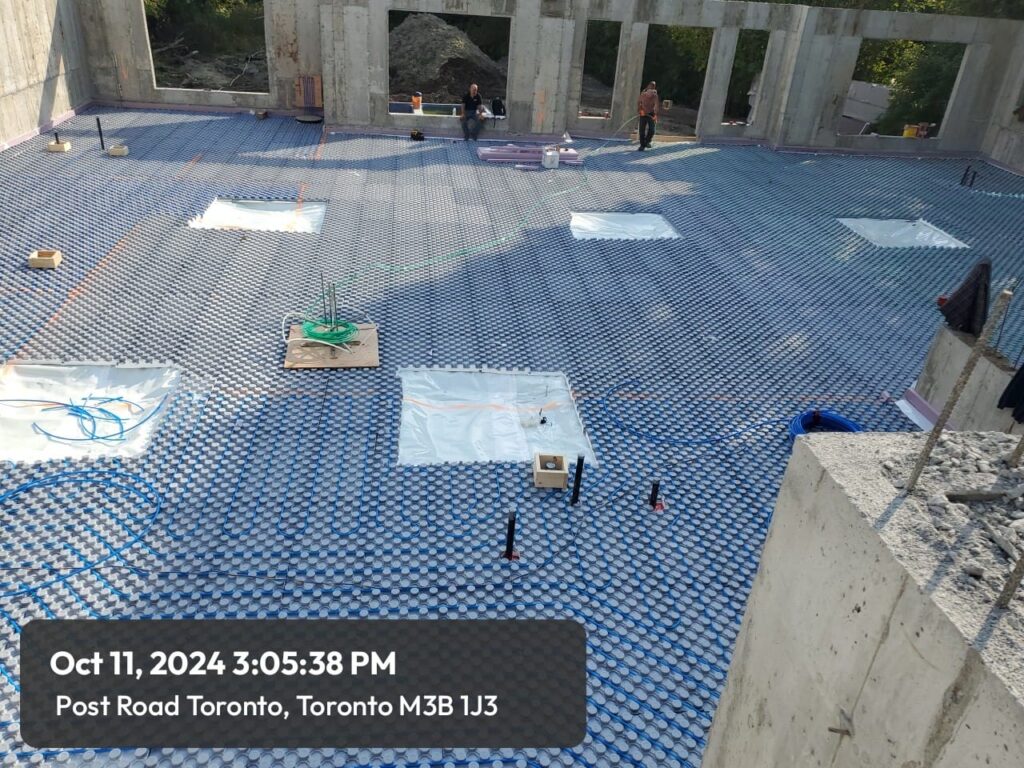Custom Home Construction: Embracing Passive Housing for Energy-Efficient Living

As modern homeowners look to the future, custom home construction is taking a sustainable turn with the integration of Passive Housing principles. Combining innovation, energy efficiency, and environmental responsibility, Passive Houses are redefining the way we think about eco-friendly house design and comfortable living.
What is Passive Housing in Custom Home Construction?
Passive Housing represents a highly advanced building standard aimed at reducing energy consumption while ensuring superior indoor comfort. Recognized globally, this approach is gaining traction in custom home construction projects for its blend of sustainable living practices and cutting-edge design. Key features of Passive Housing include:
- High-performance insulation
- Airtight construction techniques
- Energy-efficient windows and doors
- Heat recovery ventilation systems
- Passive solar heating and cooling
By focusing on these principles, Passive Housing aligns perfectly with the goals of energy-efficient and sustainable custom home construction.
Benefits of Passive Housing in Custom Home Construction
Integrating Passive Housing into your next custom home construction project offers a wealth of benefits for both homeowners and the environment.
1. Energy Efficiency

- Passive Houses consume up to 90% less energy for heating and cooling than traditional homes.
- They typically require less than 15 kWh/m² per year for heating or cooling, making them ideal for energy-efficient homes.
2. Cost Savings
- Enjoy significantly lower utility bills due to reduced energy usage.
- Although initial construction costs may be higher, the long-term savings in energy expenses make Passive Houses an excellent investment.
3. Comfort and Indoor Quality
- Consistent indoor temperatures throughout the year with no drafts or cold spots.
- Improved indoor air quality, thanks to mechanical ventilation systems with heat recovery, creating a healthier living space.
4. Sustainability in Custom Home Design
- Minimal carbon footprint, contributing to sustainable living.
- Encourages the use of renewable energy sources, aligning with the growing demand for eco-friendly house construction.
5. Durability and Longevity
- Built with premium materials for long-lasting performance and minimal maintenance.
- The durability of Passive Houses ensures they remain efficient and sustainable for decades.
Essential Criteria for Passive Housing
Achieving the Passive House Standard in custom home construction requires meeting specific criteria:
Energy Demand
- Annual heating or cooling demand must not exceed 15 kWh/m².
- Total primary energy demand must stay below 120 kWh/m² annually.
Airtight Construction
- The home must be airtight, with no more than 0.6 air changes per hour at 50 pascals of pressure.
Thermal Comfort and Insulation
- Incorporating high-performance insulation ensures consistent indoor temperatures.
Energy-Efficient Windows and Doors
- Triple-pane windows and insulated frames minimize heat loss and maximize energy efficiency.
Heat Recovery Ventilation Systems
- HRV systems maintain fresh air circulation while recovering up to 90% of exhaust heat.
Solar Orientation
- Smart positioning of windows and shading maximizes passive solar heating in winter and prevents overheating in summer.
Why Passive Housing Fits Toronto’s Climate
Toronto’s climate—with its cold winters and hot summers—makes Passive Housing a perfect solution for home construction projects. By incorporating these principles, homeowners can create energy-efficient homes that reduce heating and cooling costs while enhancing comfort year-round.
Partner with Us for Sustainable Custom Home Construction
As experienced custom home builders, we specialize in creating energy-efficient and sustainable homes. Whether you’re building a new home or upgrading an existing one, we’re here to help:
- Build Energy-Efficient Homes: We design and construct homes that meet the Passive House Standard.
- Renovate and Retrofit: Upgrade your current home with airtight insulation, ventilation systems, and other Passive Housing features.
- Sustainable Additions: Enhance your property with smart custom home additions incorporating Passive Housing principles.
The Future of Custom Home Construction is Sustainable
Choosing Passive Housing for your next home construction project is a step toward a greener, more energy-efficient future. Not only will you reduce your environmental impact, but you’ll also enjoy long-term savings and improved indoor comfort.
Contact us today to explore how we can bring Passive Housing into your next custom home construction project and lead the way in sustainable, energy-efficient living!

